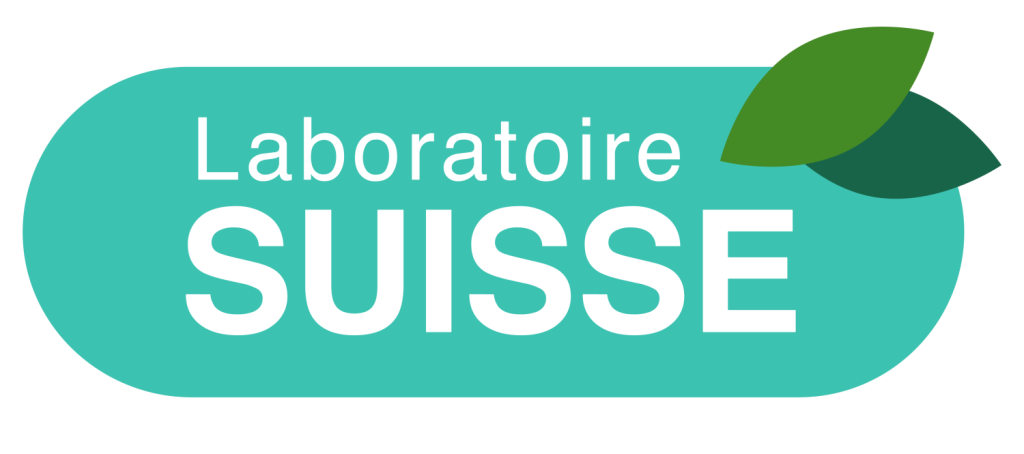Numerous vitamins and minerals, mainly derived from food, are crucial for health and play a key role in the normal functioning of the body. While, most of the time, these nutrients are obtained through a varied and balanced diet, certain circumstances may prompt us to consider supplementation for additional benefits.
When Should We Consider Taking Supplements?
Certain life stages or health conditions demand special attention to our nutrition:
- If you are a woman of childbearing age, pregnant, or breastfeeding;
- If you are over 50 years old;
- If you follow a daily vegan diet;
- If you suffer from a deficiency or measured insufficiency through a blood test;
- If you have an inflammatory bowel disease, celiac disease, or chronic diarrhea.
These are some situations where the advice of a healthcare professional would be crucial to assess the necessity of incorporating one or more nutritional supplements. The same applies to individuals who have undergone bariatric surgery, those dealing with osteoporosis, or those with a reduced appetite, as well as individuals on restrictive diets due to allergies or food sensitivities.
What is the Role of Vitamins and Minerals in Our Body?
Vitamins and minerals are essential to our good health and heavily rely on our dietary intake. When we scrutinize the daily activities within the cells of our body, we realize that we are truly made of what we eat and absorb.
For instance
- Magnesium is essential for over 300 biochemical reactions.
- Vitamin C acts as an antioxidant, safeguarding the healthy fats surrounding brain cells.
- Zinc plays a crucial role in cognitive functions, the immune system, and fertility.
- B Vitamins contribute to energy production.
- Vitamin D assists the intestinal barrier in performing its duties and promotes better immunity.
- Polyphenols enable intestinal bacteria to produce more short-chain fatty acids, leading to improved immune defenses, reduced inflammation, better portion control, and more.
Micronutrients (vitamins and minerals) are part of the biological that occur every second within the body. They aid in synthesizing chemical messengers (information circulating through our neural highways), facilitate the contraction and relaxation of muscles, including the heart, ensure proper density in our structures (bones, teeth, hair, skin, etc.), and ensure organs fulfill their daily functions.
Vitamins
Certain vitamins are classified as water-soluble, meaning they dissolve in water, allowing any excess to be excreted in urine unless taken in excessive amounts.
On the contrary, certain vitamins, such as vitamins A, D, E, and K are fat-soluble, which means they tend to be stored in fats. Because they can accumulate in your body’s tissues, fat-soluble can cause more harm when taken at high doses, especially over long periods. Given our ability to store them, a daily intake of fat-soluble vitamins is not necessary, unlike their water-soluble counterparts. This is why some physicians prescribe vitamin D at a weekly dosage of 10,000 IU rather than a daily intake of 1000-2000 IU.
For recommended daily intakes and maximum tolerable levels based on age and gender, refer to nutritional reference values: https://www.canada.ca/fr/sante-canada/services/aliments-nutrition/saine-alimentation/apports-nutritionnels-reference/tableaux.html
Minerals
manganese, selenium, and zinc. Others function as enzymatic cofactors, acting as natural aids in biochemical transformations. Many are essential for neurotransmitter production. Consider copper, for instance, as it is a component of norepinephrine, the neurotransmitter associated with alertness, and magnesium, which facilitates the production of melatonin, the sleep hormone.
Is Supplement Use Essential for Good Health?
It is acknowledged that a typical North American diet does not supply sufficient vitamins and minerals to meet the nutritional requirements for certain nutrients, as highlighted by Adda Bjarnadottir A.’s study on “7 Nutrient Deficiencies That Are Incredibly Common.” Depending on our overall life situation, it may be beneficial or even necessary to contemplate vitamin and mineral supplements if dietary intake falls short of meeting nutritional needs. Evaluating the situation and considering established health goals then becomes imperative.
Note that consulting a healthcare professional is crucial to validate supplement usage, avoiding potential drug interactions or overdoses. An assessment with a nutritionist-dietitian can assist in pinpointing the supplements needed based on your current diet and based on the plan devised with surrounding professionals to achieve your unique health objectives.
This article was written by:

Andréanne Martin, Health and Nutrition Specialist, and Founder of the Clinique AM – Vos intestins: notre savoir-faire.
References :
- Adda Bjarnadottir A. 7 Nutrient Deficiencies That Are Incredibly Common. https://www.healthline.com/nutrition/7-common-nutrient-deficiencies#section6
- Aggeletopoulou I, Tsounis EP, Mouzaki A, Triantos C. Exploring the Role of Vitamin D and the Vitamin D Receptor in the Composition of the Gut Microbiota. Front Biosci (Landmark Ed). 2023 Jun 14;28(6):116.
- Cheungpasitporn W. et al. Hypomagnesaemia linked to depression: a systematic review and meta-analysis. Intern Med J. 2015, 45(4): 436-440. Derom ML, Sayon-Orea C,Martinez-Ortega JM,Martinez-Gonzalez MA. Magnesium and depression: a systematic review. Nutr Neurosci2013; 16: 191–206
- Harvard T.H. Chan, The Nutrition Source, Vitamin D. Page consultée en ligne: https://www.hsph.harvard.edu/nutritionsource/vitamin-d/
- Johnson, L. E. (2023, October 9). Carence en vitamine B12 – troubles de la nutrition. Manuels MSD pour le grand public. https://www.merckmanuals.com/fr-ca/accueil/troubles-de-lanutrition/vitamines/carence-en-vitamine-b12
- Roberts, A. J. et al. (2001). Nutraceuticals The complete encyclopedia of Supplements, Herbs, Vitamins and Healing Foods. Perigee Books, New York
- Santé Canada. (2018). Acide folique et anomalies du tube neural. https://www.canada.ca/fr/sante-publique/services/grossesse/acide-folique.html
- Santé Canada. (2022). Vitamine D. https://www.canada.ca/fr/sante-canada/services/nutriments/vitamine-d.html
- Schneider, S. (2018). Nutrition et maladies inflammatoires chroniques de l’intestin : recommandations ESPEN – FMC-HGE. FMC-HGE. https://www.fmcgastro.org/texte-postu/postu-2018-paris/nutrition-et-mici-reco-espen-fer-vit-d/
- The Toronto Brain Vascular Malformation Study Group. (n.d.). Neurotransmitter Systems. brainavm.uhnres.utoronto.ca. http://www.brainavm.uhnres.utoronto.ca/staff/Tymianski/NEUROTRANSMITTER_SYSTEMS.htm








